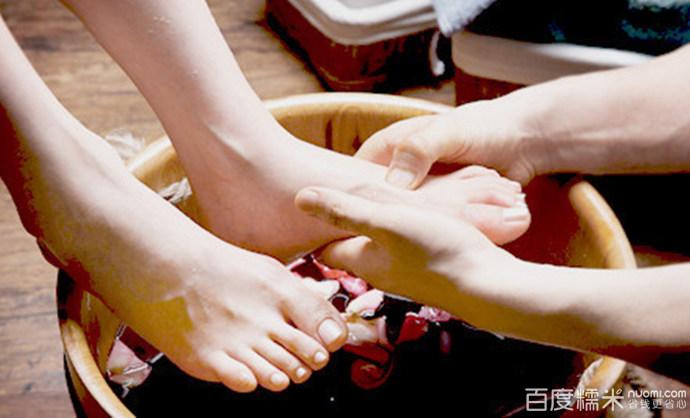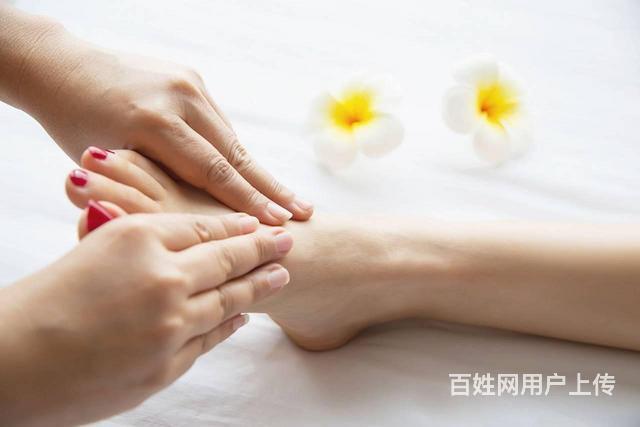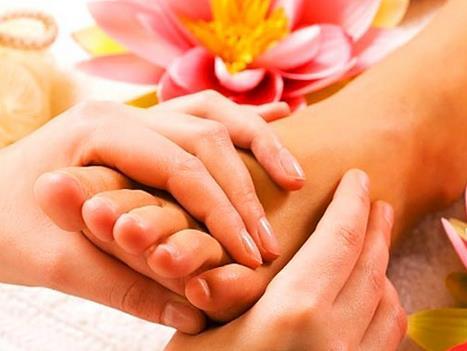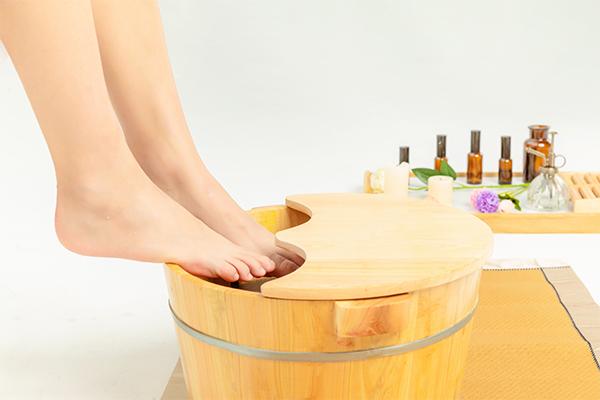- 本文目录导读:
- Understanding Varicose Veins
- Factors Contributing to Varicose Veins in Feet
- Natural Methods for Improving Varicose Veins in Feet
- Conclusion
Understanding Varicose Veins
Varicose veins, particularly in the feet, can be a source of discomfort and concern for many individuals. These enlarged, twisted veins often appear bluish or purplish and can be accompanied by symptoms like pain, swelling, and a feeling of heaviness in the legs. They occur when the valves within the veins weaken or fail, leading to blood pooling and vein enlargement.
Factors Contributing to Varicose Veins in Feet
Several factors contribute to the development of varicose veins in the feet. These include genetics, as a family history of varicose veins increases one's risk. Lifestyle factors such as prolonged standing or sitting, lack of exercise, obesity, and hormonal influences (such as pregnancy or menopause) also play significant roles.
Natural Methods for Improving Varicose Veins in Feet
### 1. **Exercise and Physical Activity**
Regular exercise is crucial for improving circulation and reducing the symptoms of varicose veins. Activities such as walking, swimming, and cycling help to strengthen the calf muscles, which in turn supports healthy blood flow from the feet back to the heart. Simple exercises like ankle rotations and calf raises can also be beneficial.
### 2. **Elevation**
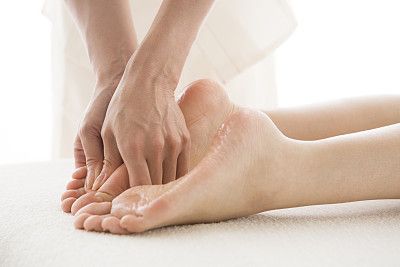
Elevating the legs above the heart level several times a day helps to drain excess fluid and reduce swelling in the feet and ankles. This can be easily achieved by propping the legs up on pillows while lying down or using a footstool while sitting.
### 3. **Compression Therapy**
Wearing compression stockings or socks provides gentle pressure to the legs, promoting better circulation and reducing discomfort from varicose veins. It's important to choose the right level of compression as advised by a healthcare professional to ensure effectiveness and comfort.
### 4. **Dietary Adjustments**
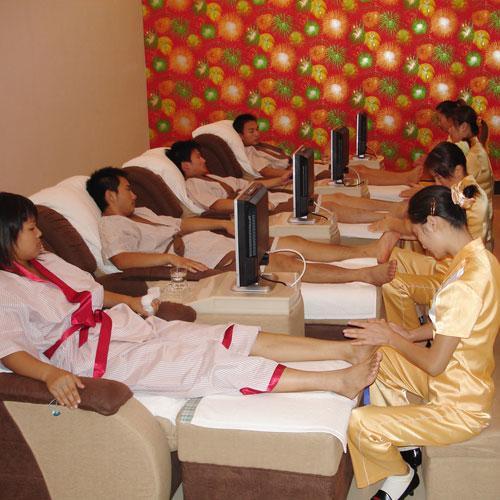
A diet rich in high-fiber foods (such as fruits, vegetables, and whole grains) can help prevent constipation, which can worsen varicose veins. Additionally, consuming foods with anti-inflammatory properties, like berries, leafy greens, and oily fish, may support overall vascular health.
### 5. **Herbal Remedies**
Certain herbs and supplements are believed to improve venous circulation and reduce inflammation. Horse chestnut extract, butcher's broom, and grape seed extract are commonly used for their potential benefits in managing varicose veins. However, it's important to consult with a healthcare provider before starting any herbal treatment.
### 6. **Lifestyle Modifications**

Avoiding prolonged periods of standing or sitting, maintaining a healthy weight, and practicing good posture can all contribute to reducing the risk and severity of varicose veins in the feet. Taking breaks to stretch and move throughout the day is also beneficial.
Conclusion
In conclusion, while varicose veins in the feet can be a persistent issue, incorporating these natural methods into your daily routine can help alleviate symptoms and improve overall vascular health. By promoting better circulation, reducing inflammation, and supporting vein function, these approaches offer a holistic way to manage and potentially prevent varicose veins. Remember to consult with a healthcare professional for personalized advice and treatment recommendations based on your individual needs.
转载请注明:成都会所桑拿-四川成都休闲桑拿推荐论坛! » 足疗保健 » The Comprehensive Guide to Improving Varicose Veins in Feet Through Natural Methods
版权声明
本文仅代表作者观点,不代表成都休闲网立场。
本文系作者授权发表,未经许可,不得转载。





